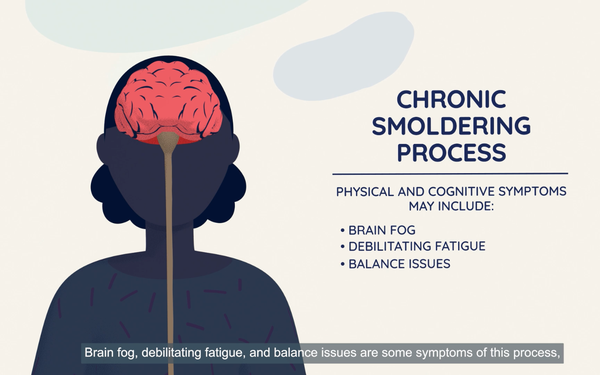
Sanofi has launched an educational campaign to raise awareness about
smoldering multiple sclerosis (MS), the lesser known of two processes that cause the neurological disease. Unlike acute MS, which results in relapses and MRI activity, the chronic smoldering process
causes gradual disability progression, both physically and cognitively.
The campaign is centered around RediscoverMS.com, with the MS community -- patients, caregivers, family members, friends
-- being driven there through print and digital brochures, social media, paid banner ads, and more, Ellen Turpie, Sanofi’s global senior director of marketing, neurology, tells Pharma &
Health Insider.
The site follows on the heels of SmolderingMS.com, a resource for neurologists, which launched last year.
“We never want to have somebody living with MS go
into their healthcare provider’s office and talk about a topic that the healthcare provider is not aware of,” Turpie notes.
advertisement
advertisement
Previous to Sanofi’s campaign, there had been
“limited to no knowledge” available about smoldering MS, she says.
The campaign, Turpie explains, “is really educating people with MS around the two processes -- that they
exist, they start from the very beginning of MS, and they tend to run simultaneously.”
Another aim is to get the MS community recognizing the cognitive aspects of MS
progression.
“We’ve found that people with MS and the community tend to align disability with the physical aspects…but as people continue on their journey with MS, they tend
to develop cognitive decline as well,” Turpie says.
“This is an evolving science that’s new for the MS community, and it’s important for them to know, because knowledge
is power,” she adds. “The more you know, the more you can advocate for yourself.”
Turpie wouldn’t discuss Sanofi’s interest in the smoldering MS process beyond
Sanofi’s educational outreach, but it should come as no surprise that the pharma firm is developing a drug to specifically address the smoldering process. (Its pipeline name: tolebrutinib.)
Pharma & Health Insider reached out to Erik Wallstroem, MD, Ph.D., Sanofi’s senior vice president and global head of neurology development, for more on the medical side.
Asked what percentage of MS patients experience the smoldering process versus the acute process, we found out that researchers are “still learning about how both processes work in the CNS
[central nervous system], and there is no definitive breakdown between how many patients experience either one.”
Despite RediscoverMS.com declaring that “a new era of MS research
is on the horizon because of a recent discovery [emphasis ours] that might help explain why some symptoms can get worse over time,” Wallstroem told us that “the smoldering process
has been known about within the MS community for some time."
However, he added, “recent innovations in research, educational efforts and efforts to further incorporate into standard
clinical practice have helped further crystalize the concept and our understanding of what is driving disability accumulation in people living with MS in the absence of relapses.”
Indeed, in 2021, an international panel of 15 MS experts from the United States, Canada and six European countries convened to develop a consensus on the smoldering process, with their findings
getting published earlier this year in the Annals of Neurology.
In addition to Sanofi, Roche is also developing a drug to battle smoldering MS. A third drug candidate in this category,
from Merck, was discontinued earlier this year following failures in clinical trials. Merck had already launched its own educational awareness website and campaign, called Unravel Smoldering MS,
according to Fierce Pharma. The site is no longer active.